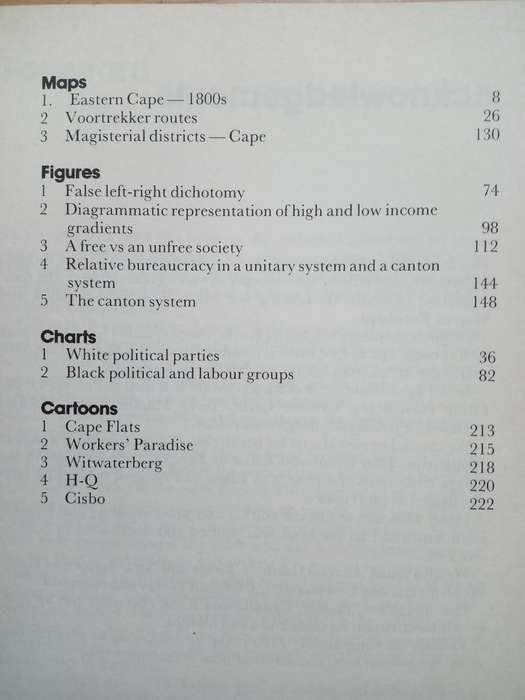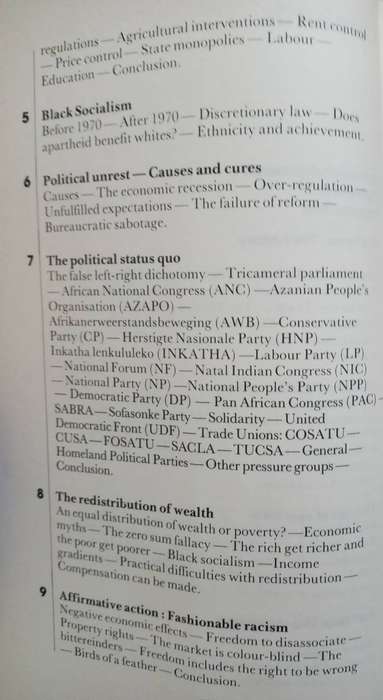












South Africa: The Solution - Louw, Leon, Kendall, Frances
Check my rate
View locations
| Main centres: | 1-3 business days |
| Regional areas: | 3-4 business days |
| Remote areas: | 3-5 business days |













| Main centres: | 1-3 business days |
| Regional areas: | 3-4 business days |
| Remote areas: | 3-5 business days |
2nd Edition-3rd revised
When black South Africans first came into contact with the market
economy of the nineteenth century, they responded so enthusiastically
that within a few decades they were extremely successful farmers,
transport riders, artisans and traders.
Today, few people are aware of these achievements and the general
view is that blacks are naturally poor agriculturalists who lack enterprise.
It is also commonly accepted that black tribal systems are fundamentally
socialist. However, an examination of southern African tribes reveals
political and economic systems based on individual freedom and private
property rights, with considerable differences in levels of wealth and
social status. Indeed, the political systems of most of the black tribes
during South Africa's early history were similar in many aspects to the
canton system which we propose for South Africa, and which some
might say is feasible only in a highly developed society.
The freedom which characterised tribal society in part explains why
blacks responded so positively to the challenges of a free market that by
the 1870s they were outcompeting whites - especially as farmers.
Their success had tragic consequences. White colonists feared black
competition, and this fear, combined with their desire for cheap labour,
resulted in a series of laws which systematically denied blacks all access
to the market place and stripped them of any meaningful form of land
ownership.-page 3